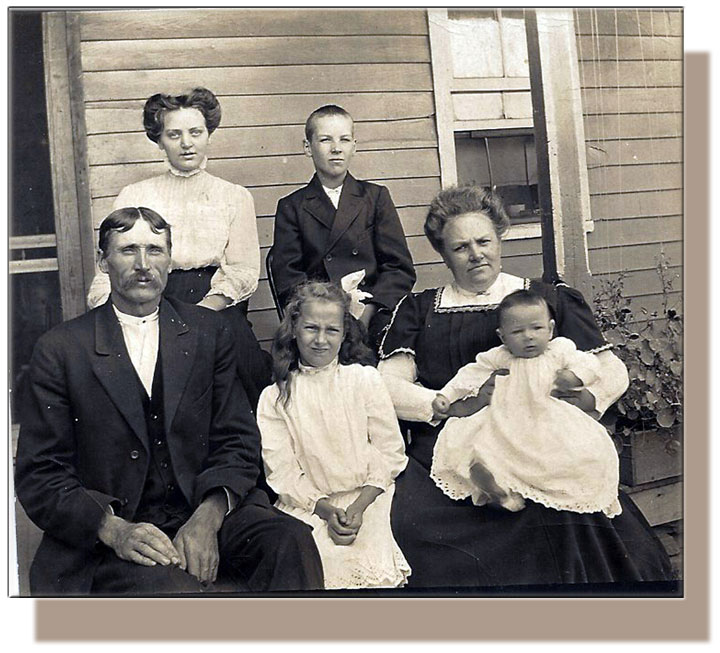Trawd didn’t talk until he was 10 years old. Before that, he sat, or stood, rocking back-and-forth from one foot to another, staring into space and biting on his tongue. No one knew why he didn’t talk, but no one cared. No one was worried about it, at least. His mother Edith, in her flower-sack apron of red peonies, made tuna fish salad.
Once in a while she would take time from chopping the celery to look through the kitchen door into the living room where Trawd was standing at the window. “Would you like a tunafish sandwich?” She called. Trawd did understand but shook his head back-and-forth to say “No.”
Outside the snow was falling softly, and Trawd could see between the standing bushes of lilacs, the road, the fields beyond, the sky.
One day he would talk. When he did, he’d tell his mother Edith that when she chewed her tuna sandwiches, when her mouth was opened up, thick bubbles of mayonnaise stretched across her teeth and made bubbles that snapped green bits of celery into crevasses where they nestled in a slimy coat of saliva. He was fascinated by the moving bits in his mother’s mouth as her jaw moved up and down. He especially liked the colors: the celery was green, his mother’s hair was white, her hands were pink, her teeth were tan, and her watch had a gold band.
On his tenth birthday he blew out the dark green candles, and drips of wax plunged onto the chocolate-brown icing. “Happy Birthday, Claude,” said his father.
“I’m Trawd; I’m 10,” said Trawd finally. He had made the decision to talk, but still, no one seemed to care.


